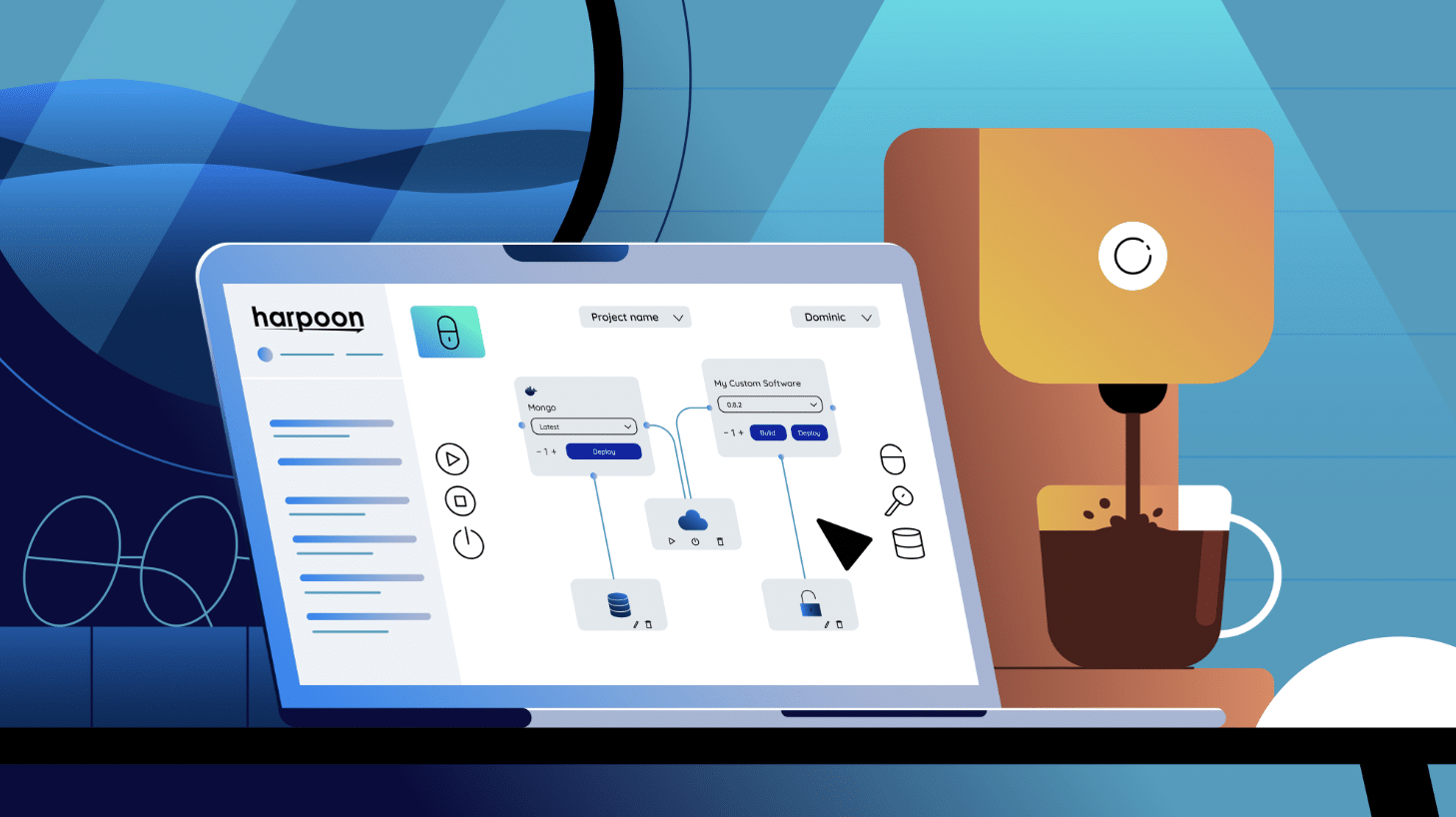Kubernetes has emerged as a revolutionary technology in the field of containerization and orchestration. It has become a driving force behind the deployment and management of scalable, distributed applications. In this article, we will explore the nature of Kubernetes, whether it is considered a tool or a technology, and the importance of obtaining Kubernetes Certification.
Contents
Introduction
Kubernetes, often referred to as K8s, is an open-source container orchestration platform developed by Google. It provides a robust framework for automating the deployment, scaling, and management of containerized applications. With Kubernetes, organizations can effectively manage complex systems, ensure high availability, and seamlessly scale applications as per demand.
Understanding Kubernetes
Kubernetes offers a wide range of features and capabilities that make it an indispensable tool for modern technology infrastructures. It allows developers to package their applications into containers, which are portable, lightweight, and isolated environments. These containers can then be deployed and managed efficiently across multiple nodes or clusters.
As a container orchestration platform, Kubernetes handles tasks such as container scheduling, load balancing, service discovery, and self-healing. It provides an abstraction layer that simplifies the management of containerized applications, allowing developers to focus on building and shipping software rather than dealing with infrastructure complexities.
Kubernetes as a Tool
Kubernetes can be viewed as a powerful tool for managing and automating containerized applications. It provides a unified platform that streamlines the deployment and scaling of applications, reduces operational overhead, and ensures efficient resource utilization. With its declarative configuration approach, Kubernetes enables teams to define desired states for their applications and automates the process of achieving those states.
Using Kubernetes as a tool brings several benefits. It enhances productivity by enabling teams to iterate and release software faster. It simplifies scalability by allowing applications to seamlessly scale up or down based on demand. Kubernetes also improves fault tolerance by automatically restarting failed containers and redistributing workloads.
Kubernetes as a Technology
Beyond being a tool, Kubernetes can also be seen as a technology in itself. It comprises a complex architecture and a set of components that work together to enable container orchestration. The architecture includes a master node that manages the cluster, as well as worker nodes where the containers are deployed.
Kubernetes operates based on a distributed systems model, leveraging concepts like pods, services, deployments, and namespaces. It uses an API-driven approach, allowing users to interact with the system through a well-defined set of commands and resources. Kubernetes employs advanced algorithms and techniques to ensure efficient resource allocation, scheduling, and load balancing.
Kubernetes Certification
Given the growing popularity and adoption of Kubernetes, obtaining a Kubernetes certification can significantly enhance your skills and career prospects. Kubernetes certification programs are designed to validate your knowledge and expertise in using Kubernetes effectively.
Various organizations, including the Cloud Native Computing Foundation (CNCF), offer Kubernetes certification programs at different levels. These certifications cover topics such as cluster architecture, deployment, scaling, networking, security, and troubleshooting. By earning a Kubernetes certification, you demonstrate your proficiency in leveraging Kubernetes to build and manage containerized applications.
Choosing the Right Certification
When selecting a Kubernetes certification program, it’s important to consider your goals, experience level, and the specific requirements of your job or industry. Kubernetes certifications are available at different levels, such as Certified Kubernetes Administrator (CKA), Certified Kubernetes Application Developer (CKAD), and Certified Kubernetes Security Specialist (CKS).
To choose the right certification, evaluate the skills and knowledge areas covered by each program and match them with your professional aspirations. Additionally, consider the reputation of the certifying organization, the credibility of the certification, and the market demand for certified professionals.
Preparing for Kubernetes Certification
Preparing for Kubernetes certification requires a combination of learning resources, hands-on experience, and dedicated study. The CNCF offers official Kubernetes courses, documentation, and study materials that can help you gain the necessary knowledge and skills. Online platforms and training providers also offer courses and practice exams to support your preparation efforts.
To excel in your certification journey, it’s essential to set a study plan, allocate sufficient time for learning and practice, and leverage interactive resources like labs and exercises. Engage with the Kubernetes community, participate in forums and discussions, and learn from experienced professionals. Emphasize practical experience by working on real-world projects and scenarios.
Taking the Certification Exam
The Kubernetes certification exams are performance-based and test your ability to solve real-world problems using Kubernetes. The exams typically involve a series of hands-on tasks that require you to demonstrate your understanding of various Kubernetes concepts, command-line operations, and troubleshooting techniques.
To succeed in the certification exam, familiarize yourself with the exam format, duration, and requirements. Practice the tasks covered in the exam blueprint and ensure you have a solid understanding of the underlying concepts. Develop strategies to manage your time effectively during the exam and prioritize tasks based on their weightage.
Advantages of Kubernetes Certification
Earning a Kubernetes certification offers numerous advantages for your career growth and professional development. As organizations increasingly adopt Kubernetes, the demand for certified professionals continues to rise. By becoming certified, you position yourself as a qualified candidate for roles related to Kubernetes administration, development, and operations.
Kubernetes certification also enhances your credibility and recognition in the industry. It validates your expertise and proficiency in leveraging Kubernetes to design, deploy, and manage containerized applications. Certified professionals often enjoy better job prospects, higher salaries, and increased opportunities for career advancement.
Conclusion
Kubernetes plays a crucial role in modern technology infrastructures as both a tool and a technology. It provides a powerful platform for managing containerized applications, automating deployment tasks, and ensuring scalability and fault tolerance. By obtaining Kubernetes certification, you can boost your skills, credibility, and career prospects in this rapidly evolving field.

